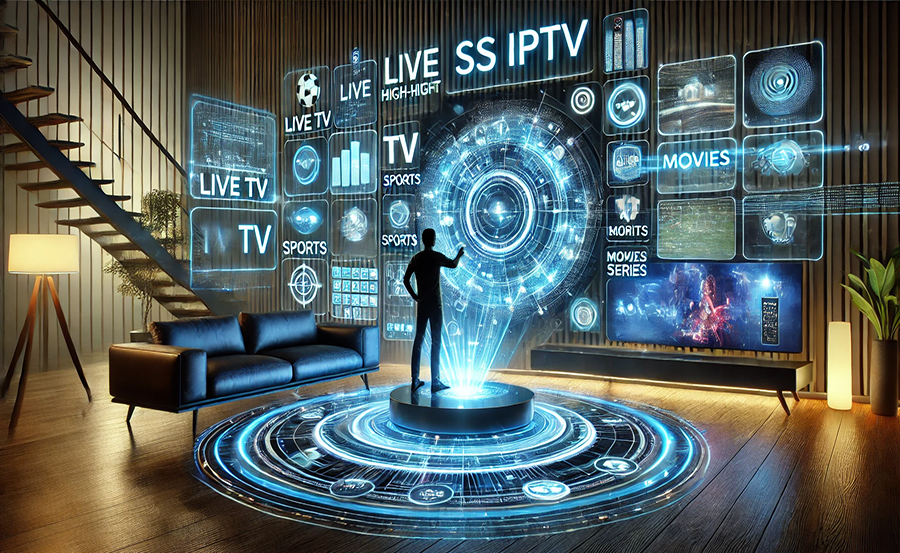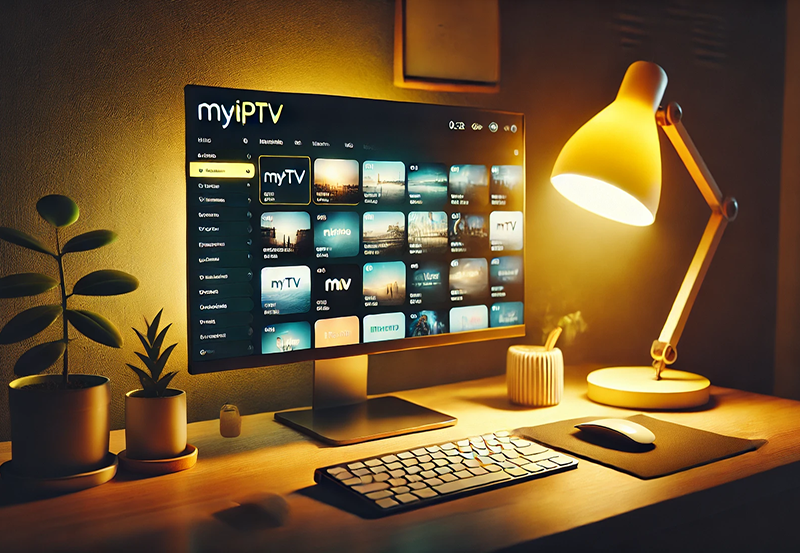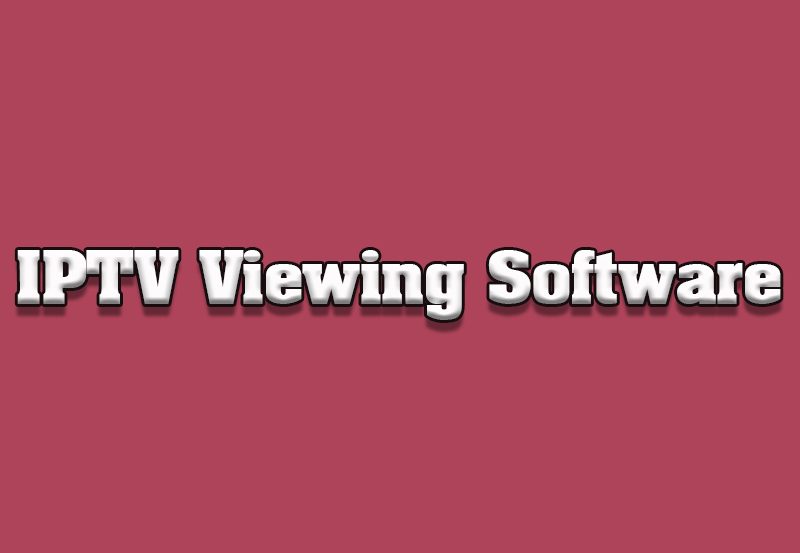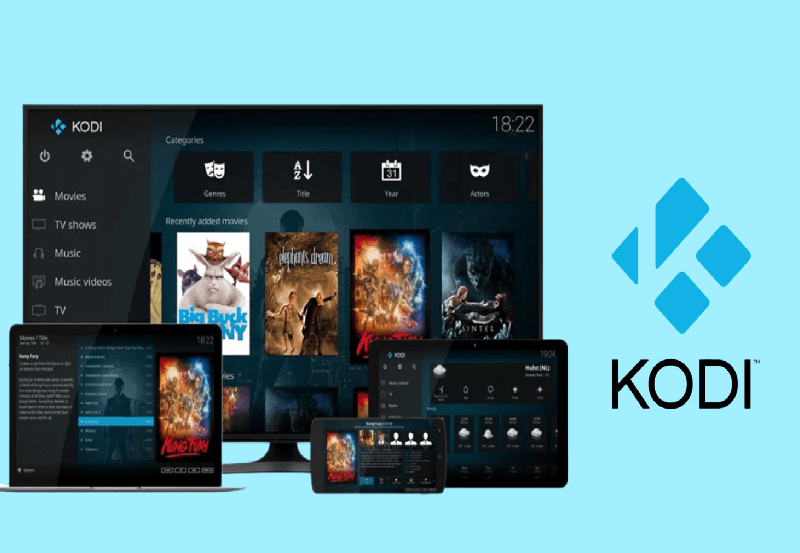With the digital age revolutionizing our viewing experiences, we’re faced with a choice: SS IPTV or traditional cable? On one hand, the new-age IPTV specializes in modern convenience and personalization. On the other, traditional cable invokes memories of simpler times, reliable in its delivery. As technology continues to advance, understanding the nuances of both becomes essential.
Understanding SS IPTV
For the uninitiated, SS IPTV stands for Simple Service Internet Protocol Television, which boasts a burgeoning popularity. Unlike cable, which sends signals through dedicated connections, IPTV leverages the internet for transmitting the same kind of content. But what does this mean for everyday users?
What is IPTV and How Does it Work?
Let’s break it down. IPTV streams television content using the internet architecture as opposed to the conventional broadcasting system. The beauty lies in the choice it provides users. Want to watch a cooking show while your partner enjoys a crime series? IPTV makes it seamless without needing multiple devices.
Quick Tip:
Never miss a live event again! Subscribe to Affordable IPTV services for sports enthusiasts worldwide.
Why People Opt for IPTV Subscription
The rise of IPTV subscriptions is attributed to the opportunities it offers for personalized and flexible viewing. Viewers can pick and choose channels, creating custom packages that fit individual needs. Unlike cable with its preset bundles, IPTV allows you to pay only for what you watch.
Benefits of IPTV for Beginners
- Access to a vast array of international channels.
- Interactive features and on-demand video content.
- Easy to scale and upgrade according to demands.
- No need for hefty equipment—just a stable internet connection.
Diving into Traditional Cable
What keeps cable relevant in an IPTV-dominated discussion? Traditional cable’s legacy brings with it trust and a sense of familiarity. Yet, it faces increasing competition from its internet-born counterpart.
The Time-Tested Cable Experience
Despite the slow shift towards internet-based viewing, cable TV remains a beloved mainstay in households globally. It delivers content promptly, relying on direct satellite or cable connections. For users with limited internet access, cable continues to be a viable alternative.
Why Some Prefer Cable Over IPTV
Consistency and ease of use are leading factors. There’s no desire to deviate from the norm, especially for viewers not looking to explore flexible viewing schedules. Cable packages are often bundled with internet and phone services, providing a one-stop solution for consumers.
Strengths of Traditional Cable
- Reliable service without dependency on internet quality.
- Suitable for technology-averse individuals.
- Offers bundled services which can be cost-effective.
- No buffering; content delivers in real-time.
Comparing Costs and Value
The financial implications are a deciding factor for many when choosing between IPTV and cable. Let’s examine where your money truly goes.
Hidden Costs in IPTV
At a glance, IPTV might appear cheaper. However, potential hidden costs could change the overall expense. While IPTV lets you choose, certain premium channels and faster internet connections might add to your bill, turning your budget-friendly option into a pricey endeavor.
Transparent Billing with Cable
Cable offers more predictable costs with less room for unexpected charges. Its straightforward plans provide value clarity, often bundling necessities in one package. In short, what-you-see-is-what-you-get.
User Experience and Accessibility
User experience shapes loyalty. IPTV’s flexibility cradles modern convenience, while cable’s dependability brings comfort to its longtime users.
Streaming Quality and Internet Dependency
With IPTV, a strong internet connection is a must. Quality streaming hinges on network stability, which might be sporadic depending on location. In contrast, cable remains unaffected by fluctuating internet, offering consistent viewing experiences.
Learning Curve and Installation
The installation and setup process can be a dealbreaker. For IPTV, tech-savvy users will enjoy the breadth of setup possibilities. Conversely, cable requires minimal initial input, working directly out of the box, making it user-friendly for those less inclined towards technology.
The Future of IPTV and Cable Television
As the landscape of television continues to shift, the future holds different paths for IPTV and traditional cable. Let’s touch on emerging trends that might define this sector in the coming years.
Innovations on the Horizon for IPTV
SS IPTV is constantly evolving, with increasing integration of AI and machine learning for a more personalized viewer experience. Expect to see enhanced content curation, smarter recommendations, and intuitive interfaces.
The Resilience of Cable TV
Cable is adapting with the times by incorporating streaming services into their platforms, offering hybrid solutions. This blend of traditional and new-age technology could sustain cable well into the future, especially in regions with limited high-speed internet availability.
Final Reflections
So, what’s the verdict? The choice between IPTV and traditional cable isn’t matter-of-factly; it instead reflects personal preferences, needs, and circumstances. Thus far, the narrative largerly figures as strong a case for both, suggesting that the final selection rests in the hands of the informed viewer.
Frequently Asked Questions

Does IPTV require a smart TV?
No, you can use IPTV on various devices, including smartphones, tablets, and computers. A smart TV makes it convenient, but isn’t mandatory.
Is IPTV legal?
Yes, IPTV is legal when using authorized service providers. Unauthorized or pirated streams can lead to legal issues.
Can I switch from cable to IPTV without losing my current subscriptions?
Yes, transitioning is generally smooth, but you should consult both your cable and IPTV providers to see how existing contracts can affect the process.
Which is easier for seniors to use, IPTV or cable?
Cable is often simpler due to its straightforward setup, though modern IPTV platforms aim to be equally user-friendly.
How can IPTV enhance your viewing pleasure?
IPTV offers tailored content, on-demand services, and greater choice, allowing you to craft a watching schedule that suits your lifestyle.
Best Practices for Optimizing IPTV Streaming Over Wi-Fi





